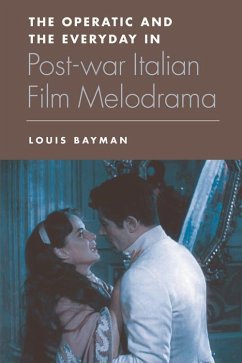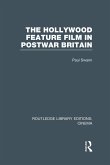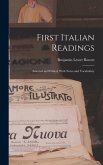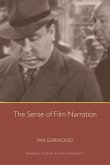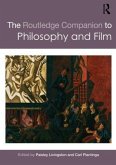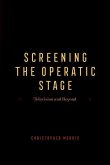'Finally, an excellent example of a cultural history of film! Louis Bayman very convincingly connects the tears of cinematographic melodrama and its body and lifeblood to the neorealist corpus. He reveals roots, bonds and kinships that have never before been so well illuminated between the great 19th-century tradition of opera, popular literature and theatre and with the contemporary popular cultural forms of the foto- and cineromanzo.' Gian Piero Brunetta, University of Padova Italian cinemas after the war were filled by audiences who had come to watch domestically produced films of passion and pathos. These highly emotional and consciously theatrical melodramas posed moral questions with stylish flair, redefining popular ways of feeling about romance, family, gender, class, Catholicism, Italy and feeling itself. The Operatic and the Everyday in Postwar Italian Film Melodrama argues for the centrality of melodrama to Italian culture. It uncovers a wealth of films rarely discussed before, including family melodramas, the crime stories of neorealismo popolare and opera films, and provides interpretive frameworks that position them in wider debates on aesthetics and society. The book also considers the well-established topics of realism and arthouse auteurism, and re-thinks film history by investigating the presence of melodrama in neorealism and post-war modernism. It places film within its broader cultural context to trace the connections of canonical melodramatists like Visconti and Matarazzo to traditions of opera, the musical theatre of the sceneggiata, visual arts and magazines. In so doing, it seeks to capture the artistry and emotional experiences found within a truly popular form. An engaging and informative read, The Operatic and the Everyday in Postwar Italian Film Melodrama is an essential resource for students and scholars in both Film Studies and Italian Studies. Louis Bayman specialises in Film and in Italian Studies and has published a range of articles on melodrama, Italian cinema and popular culture. He is an Early Career Research Fellow at Oxford Brookes University. Cover image: Senso, 1954 (c) Luz Film Cover design: [EUP logo] www.euppublishing.com
Hinweis: Dieser Artikel kann nur an eine deutsche Lieferadresse ausgeliefert werden.
Hinweis: Dieser Artikel kann nur an eine deutsche Lieferadresse ausgeliefert werden.

